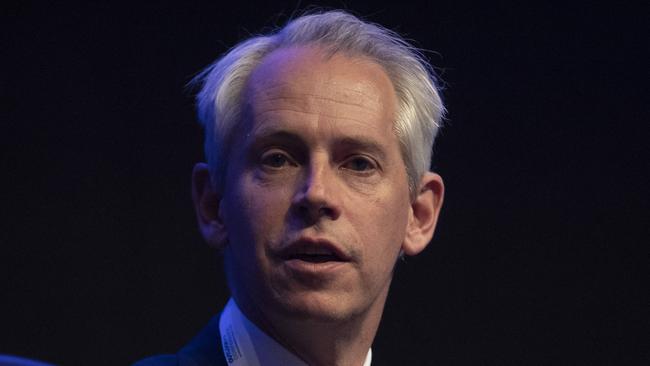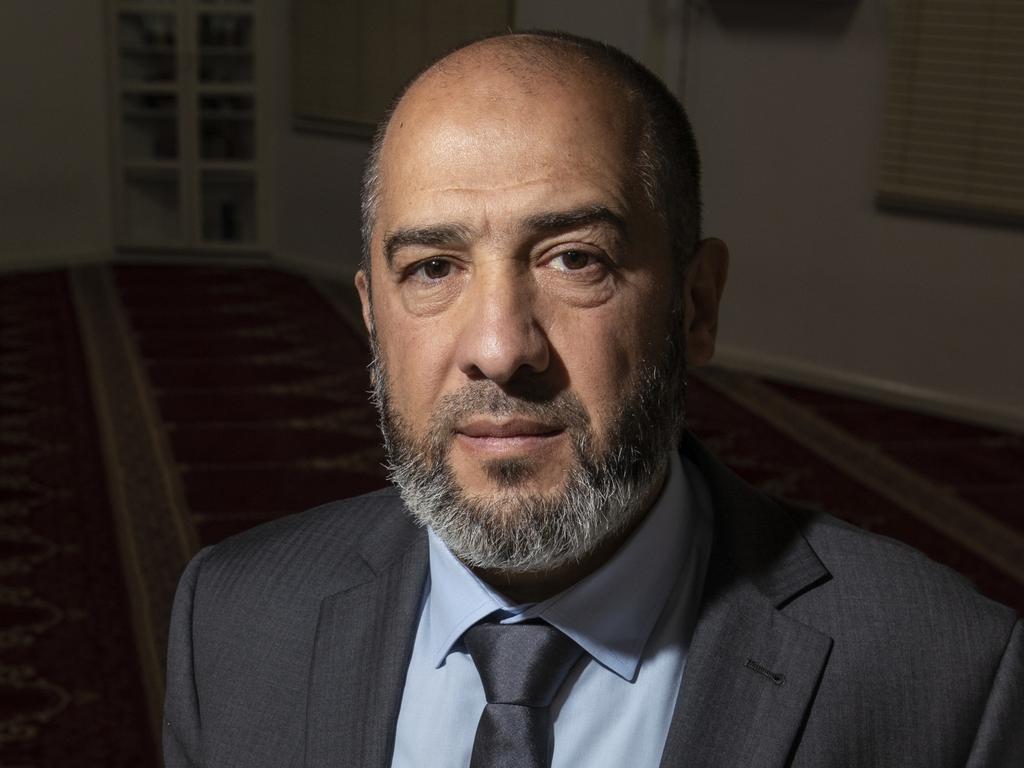Labor urged to embrace diversity quotas to boost multiculturalism
Labor faces a push to implement diversity quotas for ‘select public roles’ and overhaul the national curriculum as part of its review of Australian multiculturalism.

Labor has been urged to introduce “diversity quotas” for under-represented communities in “select public roles” and overhaul the national curriculum so students learn more about other cultures as part of a sweeping review into Australian multiculturalism.
Submissions on the government’s “multicultural framework review” will close on October 13, one day before the voice referendum, with the nation’s peak Islamic community organisation arguing that family traditions and Islamic family practices “find little acknowledgment in the nation’s legal structures.”
The Australian Federation of Islamic Councils urged the government to incorporate new provisions within existing legal frameworks “to recognise and respect religious practices, particularly in the areas of family law and inheritance law”.
“The absence of formal recognition for Islamic family traditions in law, or policy, has inadvertently pushed some within the community to seek unofficial agreements to preserve their traditions,” it said.
The AFIC submission also said the expectation for immigrants, “especially those from non-Western backgrounds, has often leaned towards assimilation” and this could “result in the loss of rich cultural traditions and values”.
“There exists a gap between the ideal of integration and the pressures many Muslim Australians feel to assimilate. Bridging this gap requires proactive efforts from all sections of society, including policy frameworks that support and encourage genuine integration,” it said.
Immigration Minister Andrew Giles opened submissions on Labor’s multicultural framework review in July, saying it was important for Australia to have the “right policies and institutions to meet the needs of our increasingly diverse society”.
The AFIC submission recognises multiculturalism as a success story that has offered “significant benefits” and a more pluralistic society, leading to the establishment of mosques, community centres, halal outlets and the free practise of faith and traditions.
But it says challenges remain, including closing economic disparities, with many Muslims and other ethnic minorities finding themselves “disproportionately represented in lower-paying jobs, despite having commendable educational backgrounds and professional experiences”.
It makes a number of recommendations to improve inclusivity and enhance Australian multiculturalism, including targeted leadership programs for minorities and new “diversity quotas”.
“While meritorious appointments should be the norm, consider introducing diversity quotas for under-represented communities in select public roles, ensuring more comprehensive representation,” AFIC said.
It has also pushed for changes to the curriculum where school students “aren’t just taught about the world wars or the Australian gold rush, but also delve deep into the tales of the Silk Road or the poetic verses of Rumi”.
“Expanding our curriculum to be more inclusive is a powerful step forward, but it doesn’t stop there. What if students from Melbourne could experience the rhythms of life in Darwin?
“National exchange programs could allow this cross-cultural exposure.”
Greater legal safeguards are recommended, including an update to anti-discrimination laws to “better address modern challenges, with more significant consequences for businesses and individuals found guilty (of discrimination).”
In addition, the AFIC has canvassed the creation of specialised mediation panels to address “grievances related to cultural or religious discrimination, ensuring that victims have a voice and that disputes are resolved amicably.”








To join the conversation, please log in. Don't have an account? Register
Join the conversation, you are commenting as Logout